British Prime Minister Rishi Sunak has called a surprising early general election for July 4th, leaving many asking: why now? Here’s the full story.
July 4th

On a wet Wednesday afternoon, Prime Minister Rishi Sunak shocked the nation by announcing a general election for July 4th, well ahead of the expected autumn election.
Why Now?

Following a day in which rumours swirled around the media of what might be about to happen, one question has been asked again and again: Why now?
Positive Economic Indicators
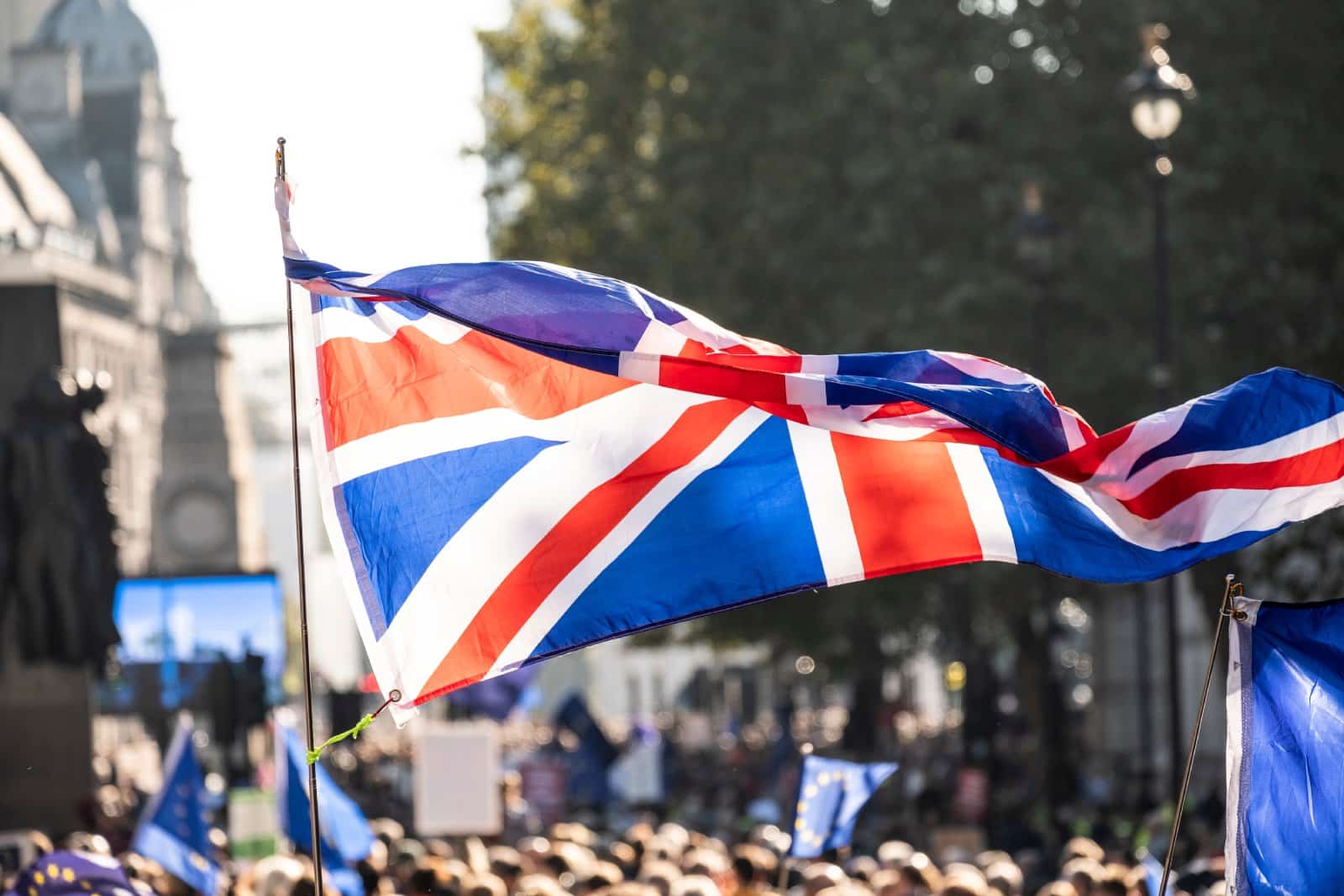
With the country’s economy barely limping along, one key factor behind Sunak’s decision to call an early election may be some faint positive economic indicators that have begun to emerge recently.
Cost of Living Crisis

Following years of a protracted cost-of-living crisis that saw stagnant wage growth, stubbornly high inflation, and millions of Britons reduced to levels of poverty not seen in over 30 years, the Office for National Statistics announced on the same day as the election announcement that inflation was finally nearing the much-vaunted 2% target.
Favourable Economic Backdrop

This tantalising sign that the economy may finally be recovering from a bruising few years, exacerbated by Russia’s invasion of Ukraine, may have led Sunak to believe that the time was right to champion the slightly more favourable economic backdrop for the Conservative party to campaign on.
Slow Down
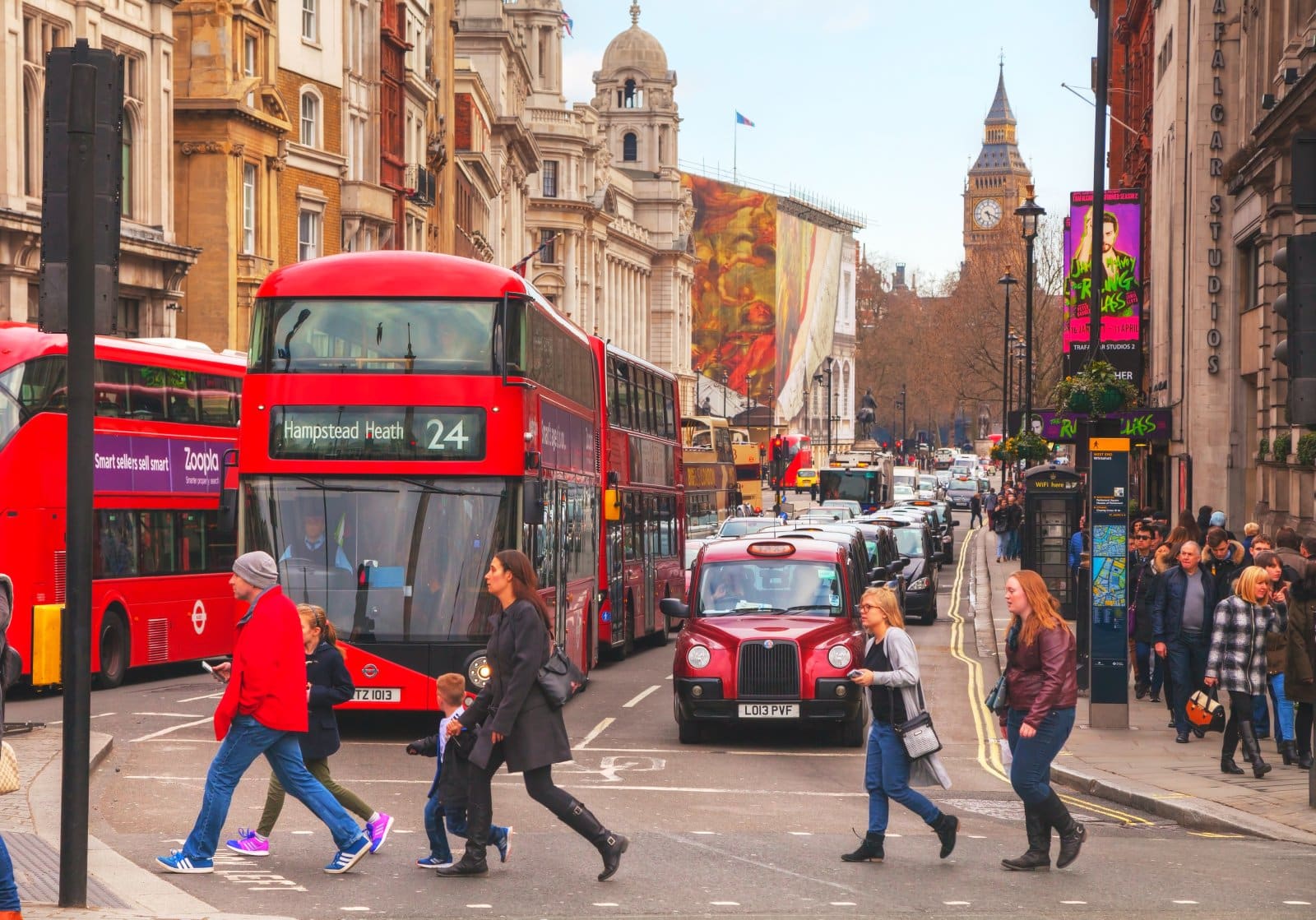
The timing of the election would likely be critical, as the UK’s economic growth, however anaemic, is widely predicted to slow down again towards the end of the year.
Strategic Move

However, economic considerations are only one of the factors that Sunak and his advisors are likely to have considered. Some in the Conservative party also hailed the decision to call an early election a brilliant strategic move.
Caught Off Guard
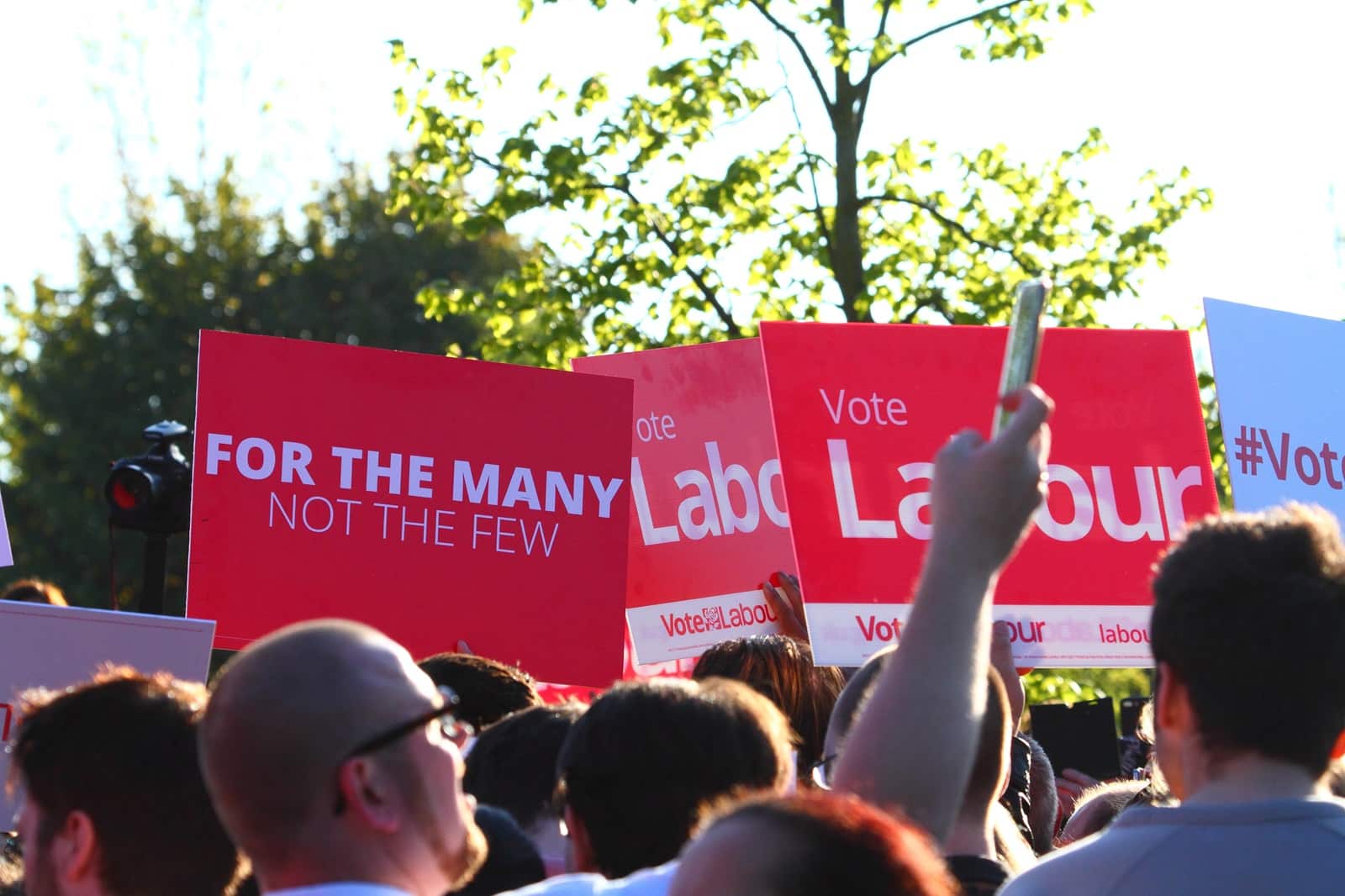
By choosing an unexpected summer date, when most analysts predicted that the election would be in the autumn at the earliest, Sunak may have hoped to catch the Labour Party off guard.
Element of Surprise
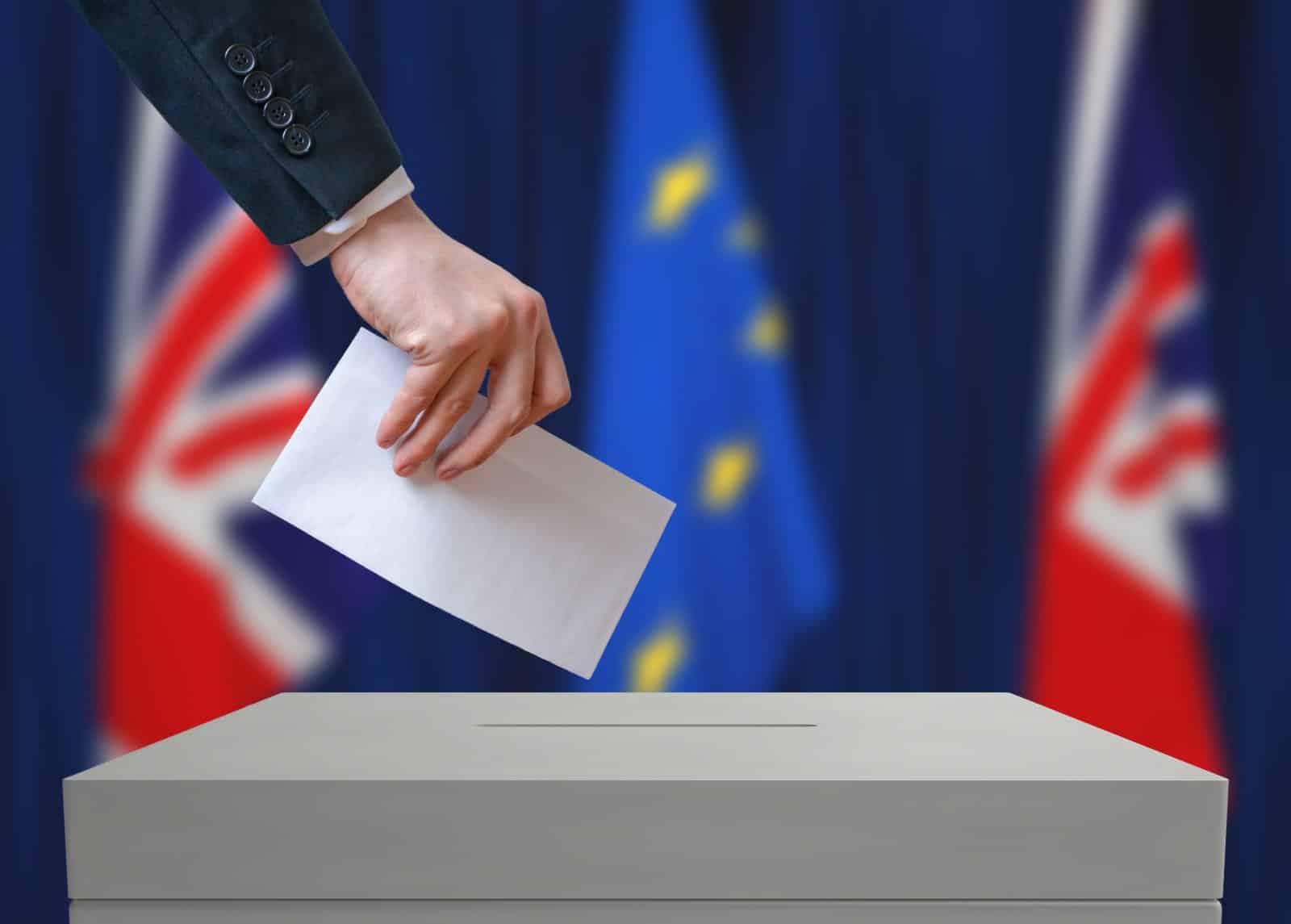
Historically, the element of surprise has often played a significant role in UK politics, giving incumbents a tactical advantage. This would be all the more valuable for the Conservatives, who are trailing by 20 points in opinion polls. They would seek to leverage this surprise to energise their campaign and potentially alter the political landscape in their favour.
Safe Bet?
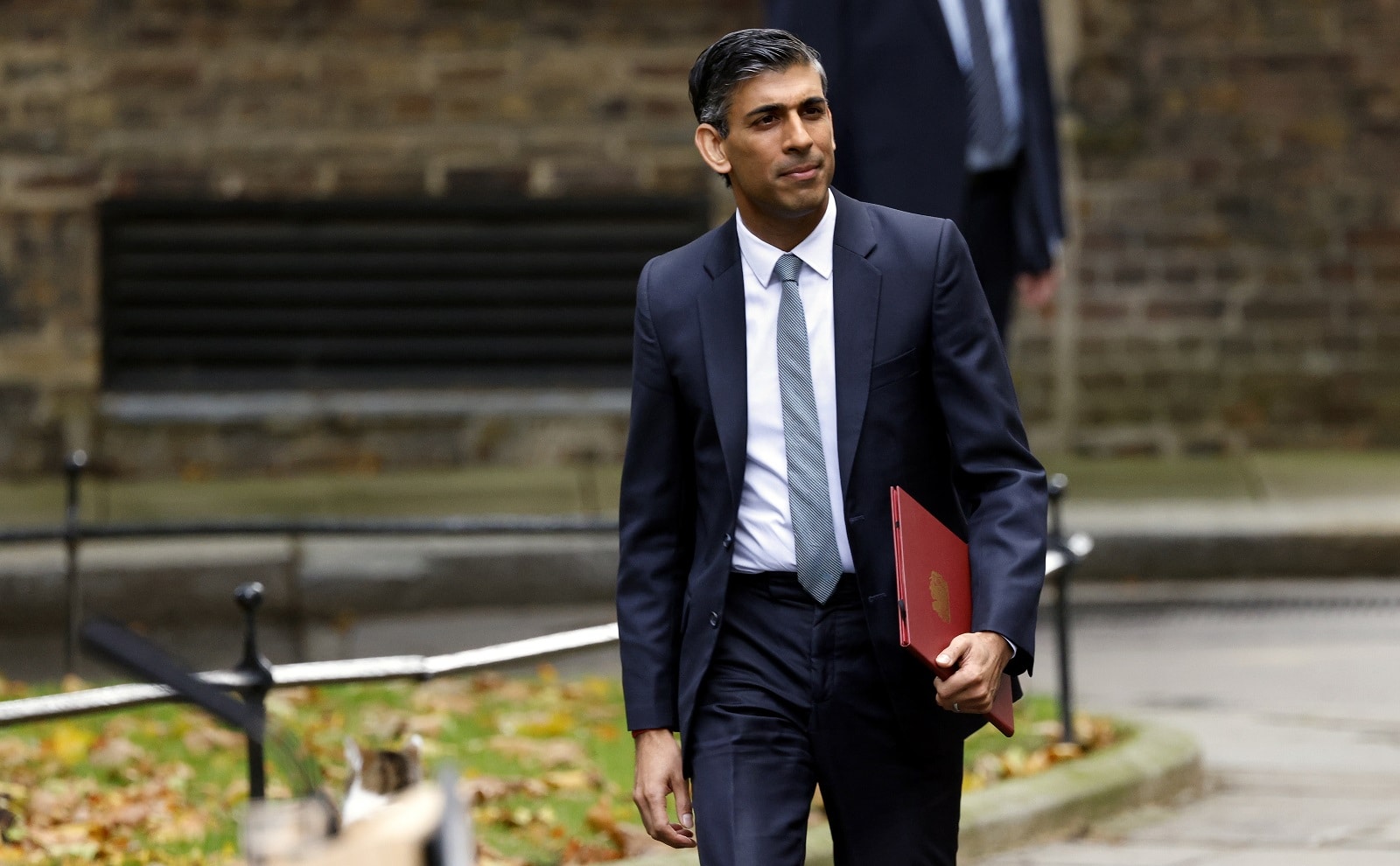
Despite the unfavourable polls, the Prime Minister seems to be betting that an early election under relatively stable economic conditions offers a better chance of minimising losses to Keir Starmer’s Labour Party.
Illegal Rwanda Plan
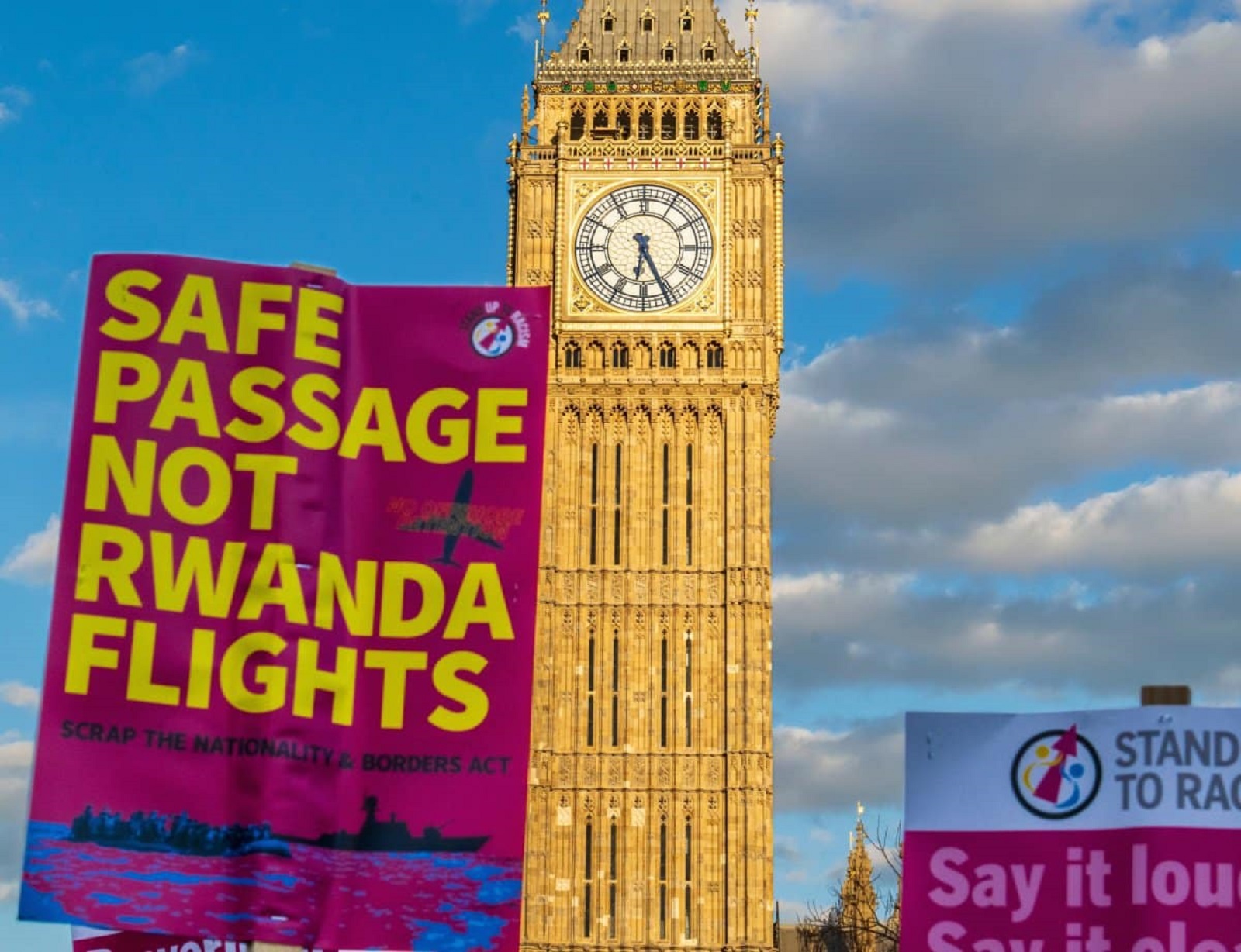
Another factor likely influencing Sunak’s decision is his much-maligned Rwanda deportation scheme, which the UK’s High Court has declared illegal.
“Stop the Boats”

With considerable opposition to the plan making it increasingly likely that there will be long delays before it can “Stop the Boats,” a major Conservative policy platform, Sunak may have decided to call the election now before the plan becomes even more bogged down.
Other Critical Issues

Though Sunak’s illegal Rwanda policy will likely be significant, the upcoming election will centre around several other critical issues, with both major parties focusing on their ability to deliver economic stability.
Economic Chaos

The Labour Party is expected to highlight the economic chaos during Liz Truss’s brief tenure and question whether voters feel better off after 14 years of Conservative rule.
NHS Worries
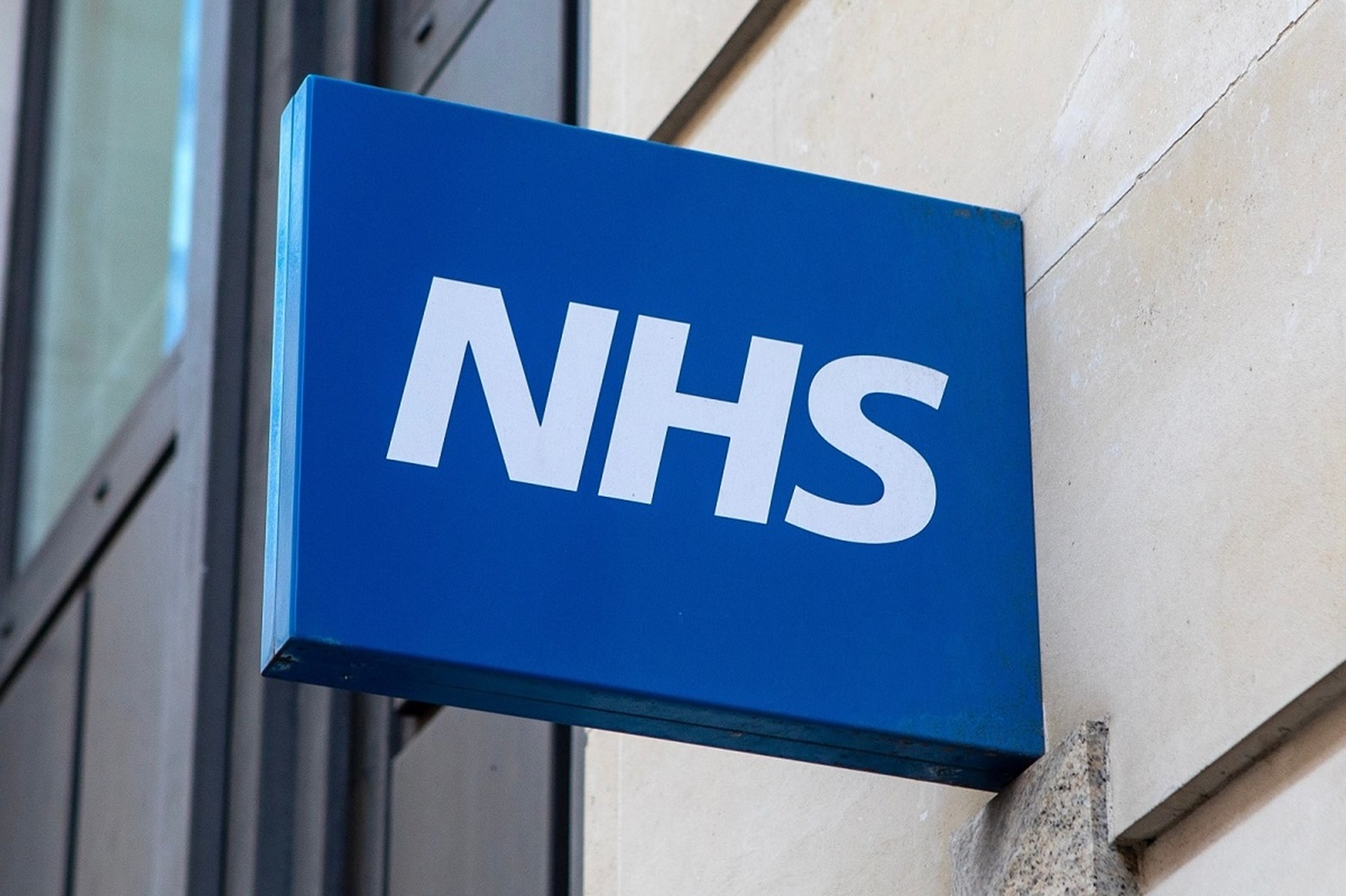
Public services, particularly the National Health Service (NHS), will also be a major battleground, with Labour criticising growing waiting lists and promising substantial reforms.
Controversial Policies
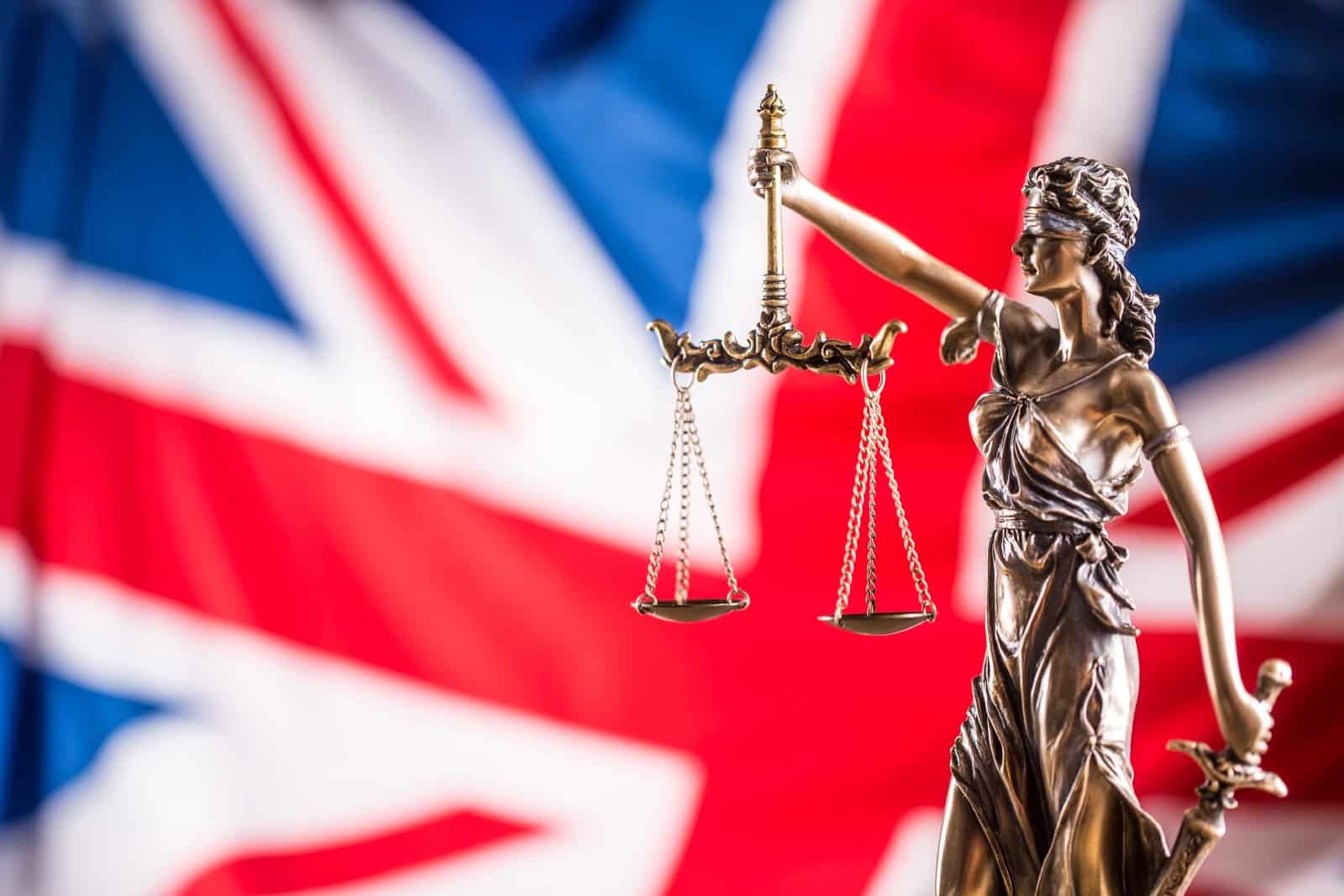
Migration policies, especially the controversial Rwanda immigration scheme championed by Sunak, will further differentiate the party platforms.
Conservative Meltdown
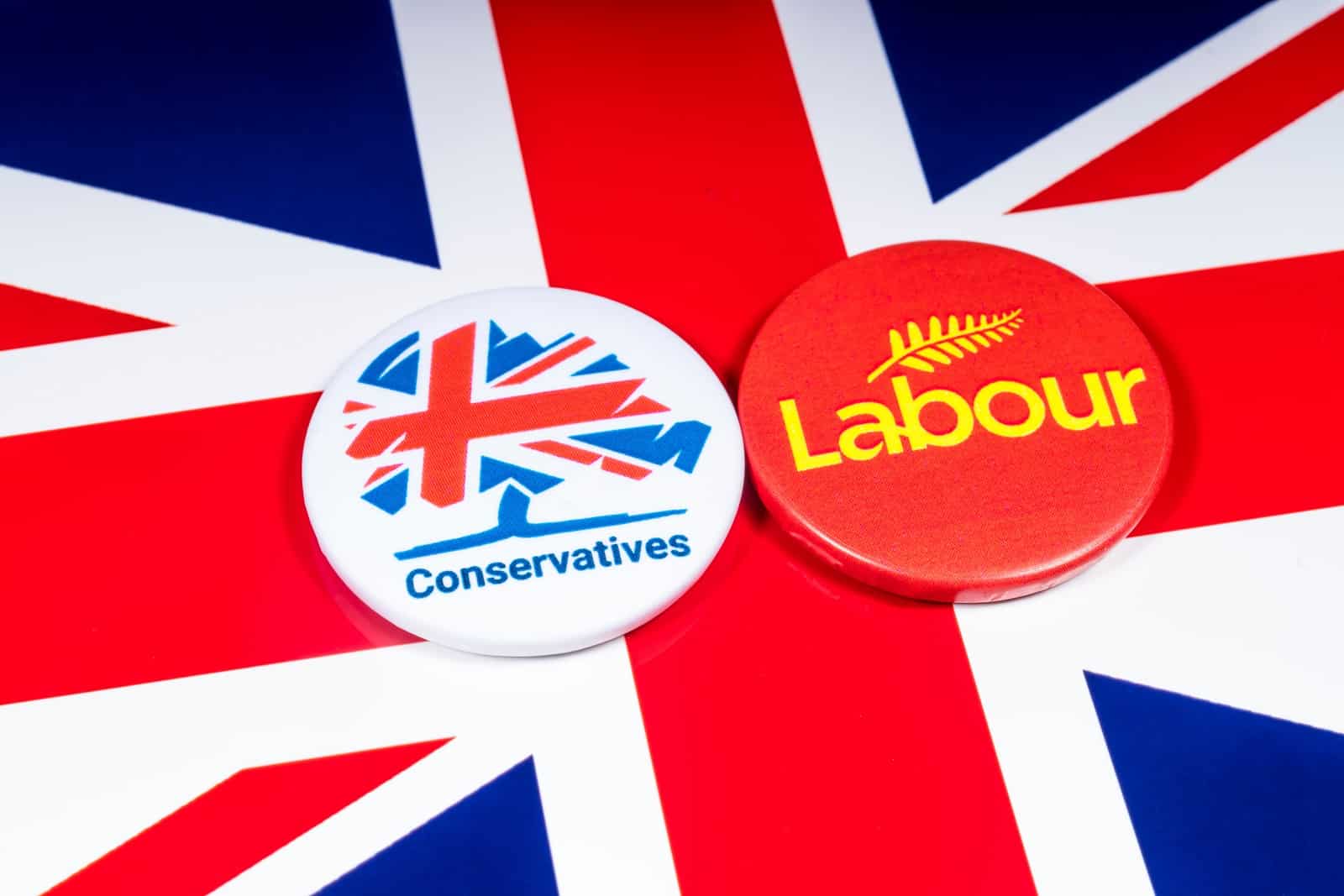
While the primary contest will be between the Conservatives and Labour, the Conservative meltdown in the polls has opened up significant opportunities for the UK’s other parties.
Liberal Democrats
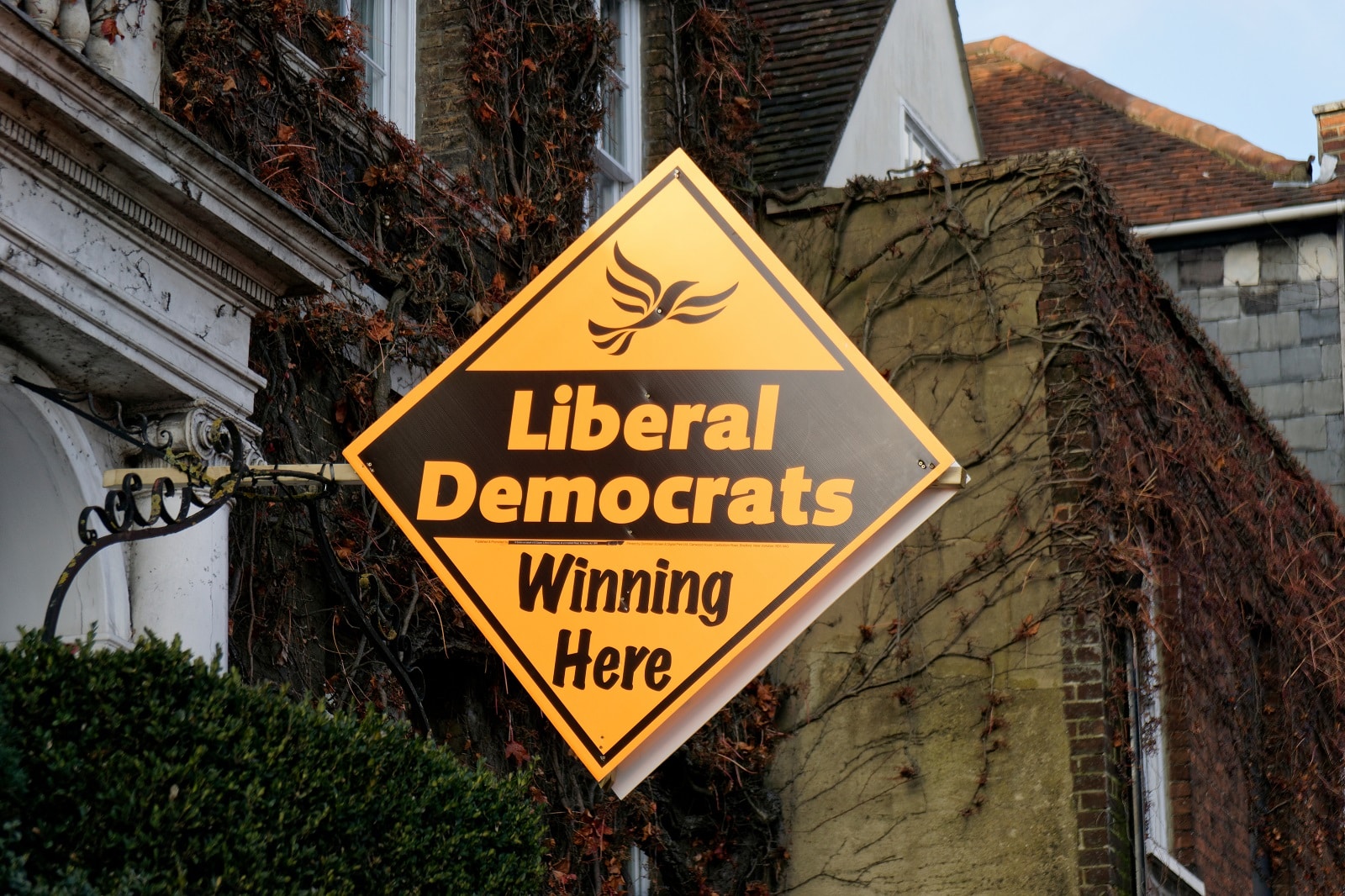
The Liberal Democrats, led by Ed Davey, aim to capture Conservative-held seats in southern England, potentially unseating key ministers like Chancellor Jeremy Hunt.
Green Party Hopes

The Green Party also seeks to double its presence in Parliament, hoping for two MPs instead of Caroline Lucas, the current lone Green MP. At the same time, the Scottish National Party (SNP) faces challenges in Scotland that could benefit Labour.
Stemming the Losses
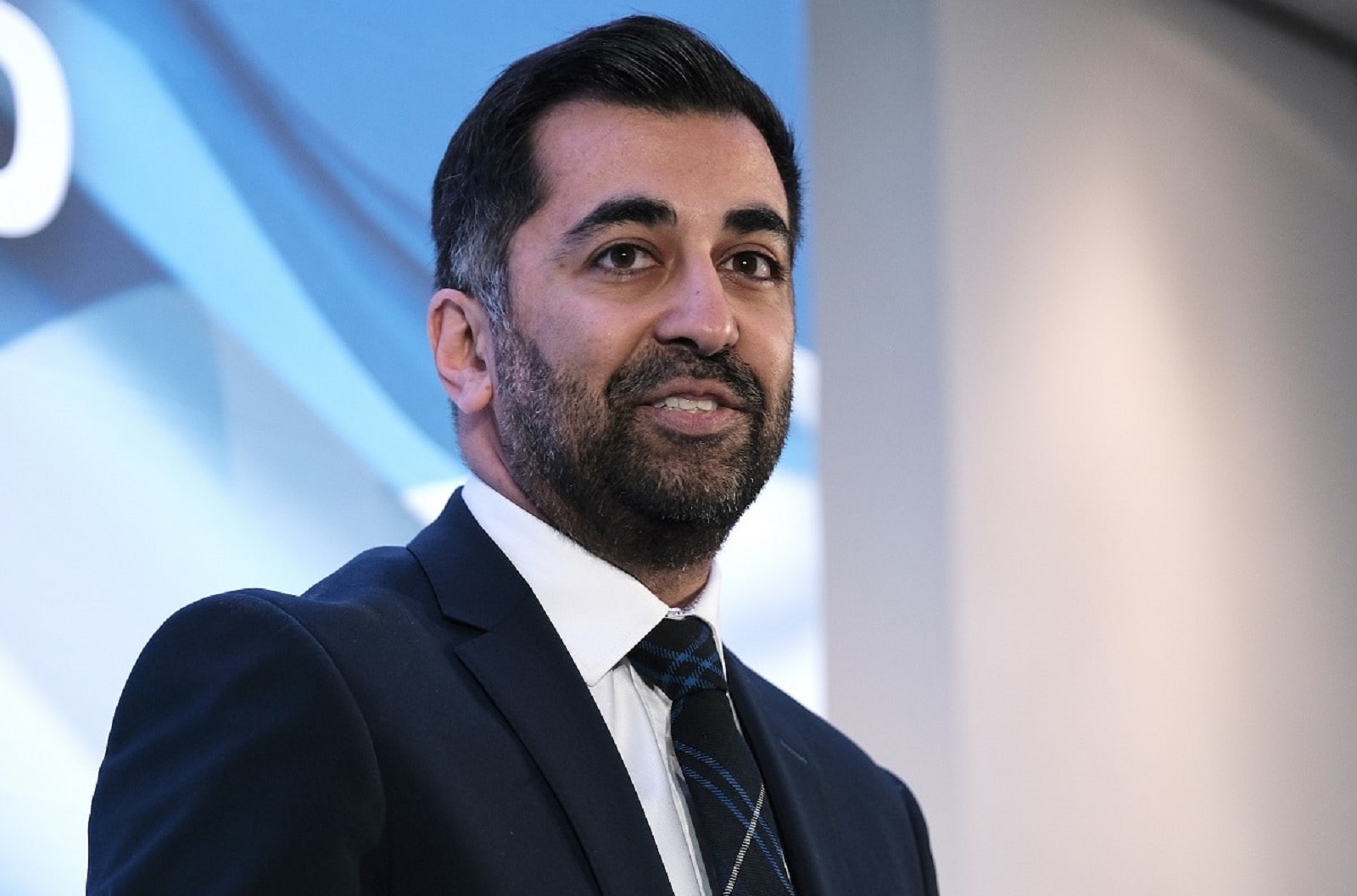
Sunak may be hoping that, with the SNP on the ropes in Scotland and the LibDems caught off guard by the early election, the Conservatives may be able to stem some of their losses by focusing on individual campaigns in these seats.
High Stakes
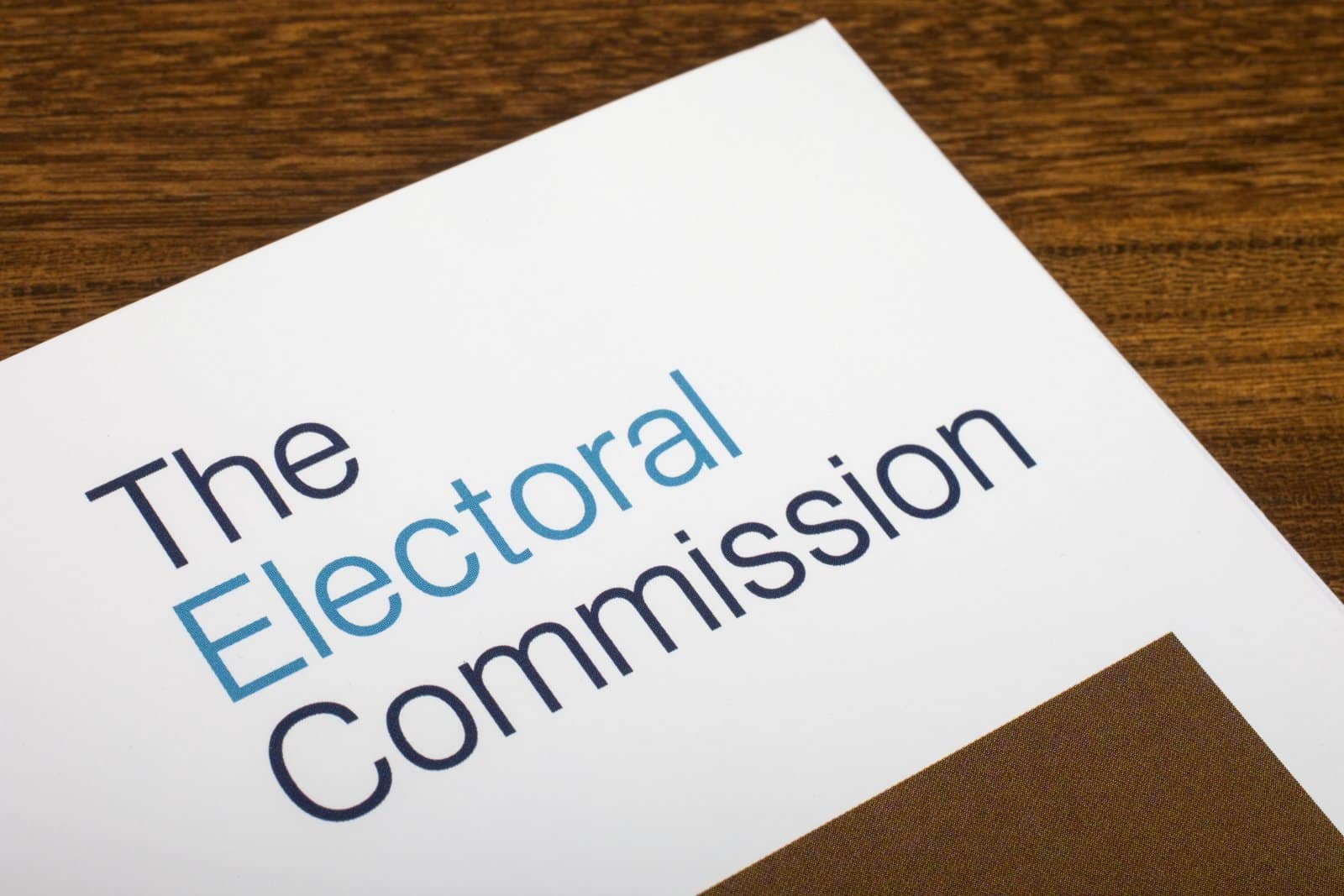
As the UK heads into this unexpected summer election, the stakes for Rishi Sunak and his Conservative Party are sky-high.
Avoiding Political Damage

Though there may be several reasons behind his decision to call the election early, the most salient one is likely his desire to avoid any further political damage that could befall him before autumn.
Uncertain Future
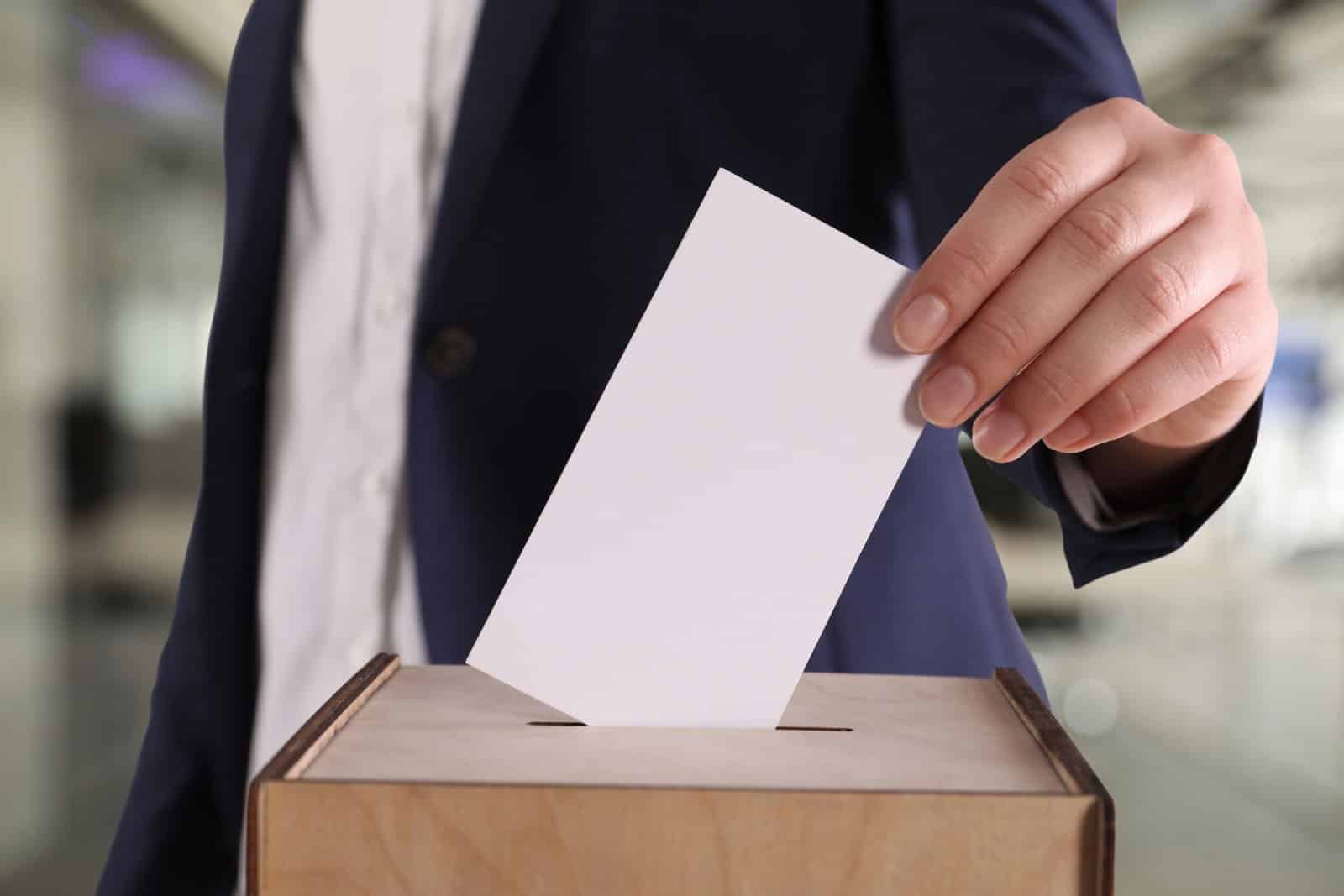
As voters prepare to cast their ballots, it remains to be seen who will be Prime Minister of the United Kingdom on the morning of July 5th.
The post Sunak Calls Surprise Early Election for July 4th: Nation Asks ‘Why Now?’ first appeared on Swift Feed.
Featured Image Credit: Shutterstock / Muhammad Aamir Sumsum.
